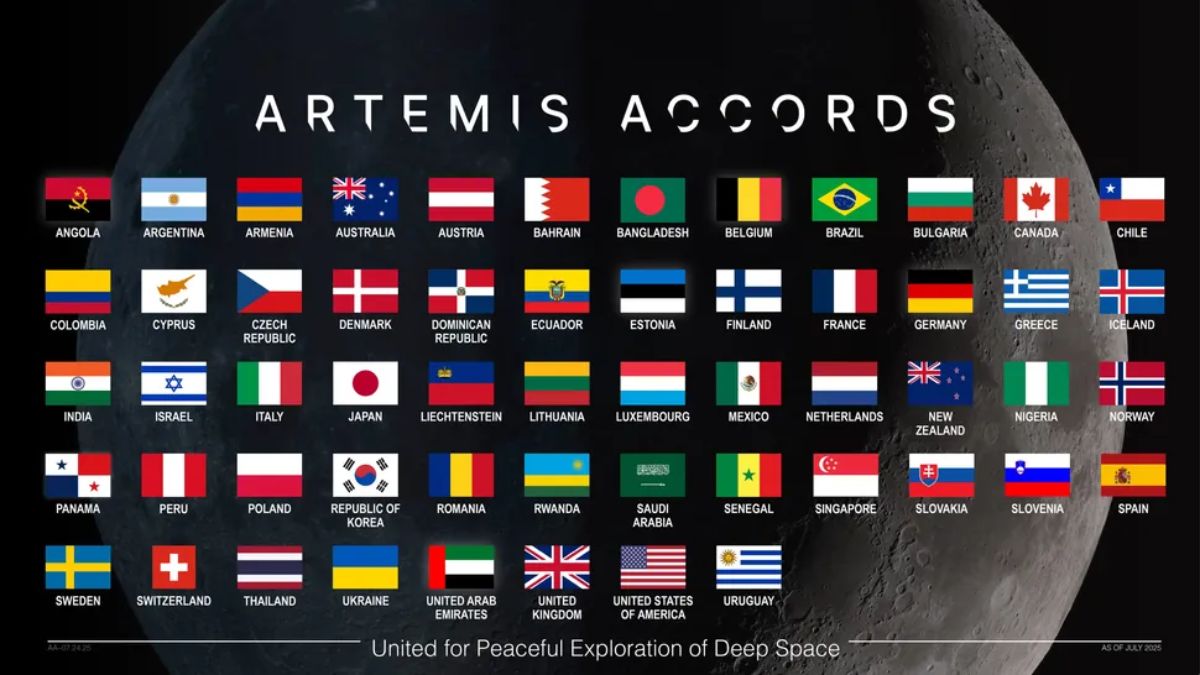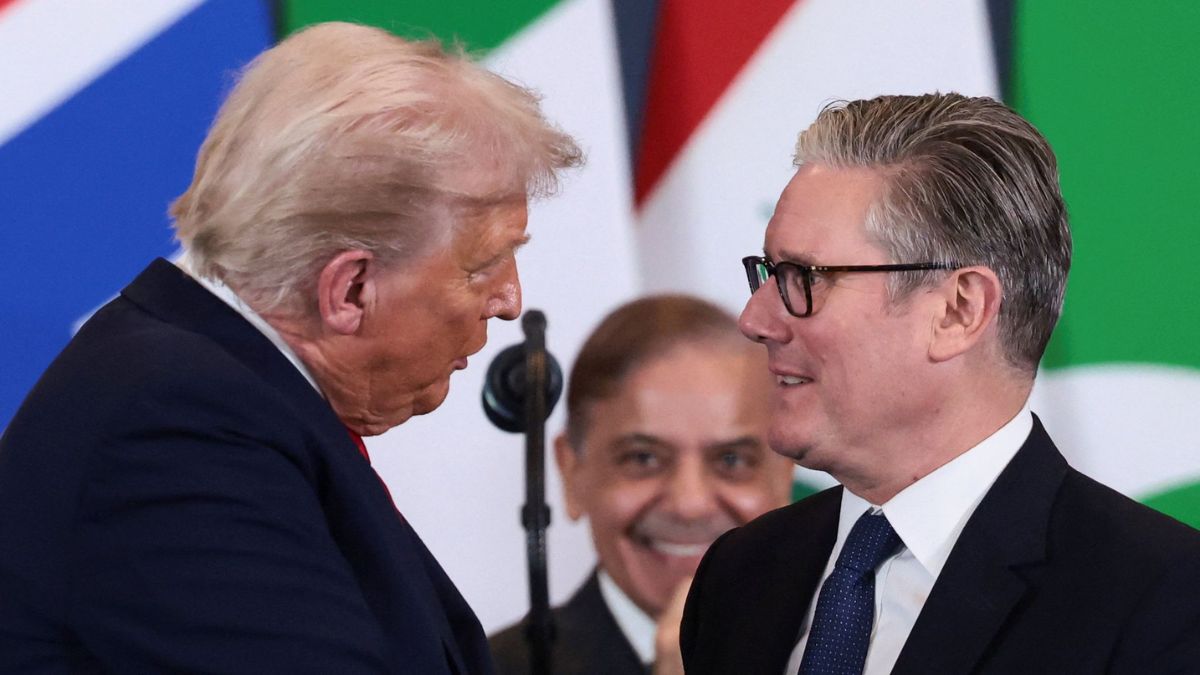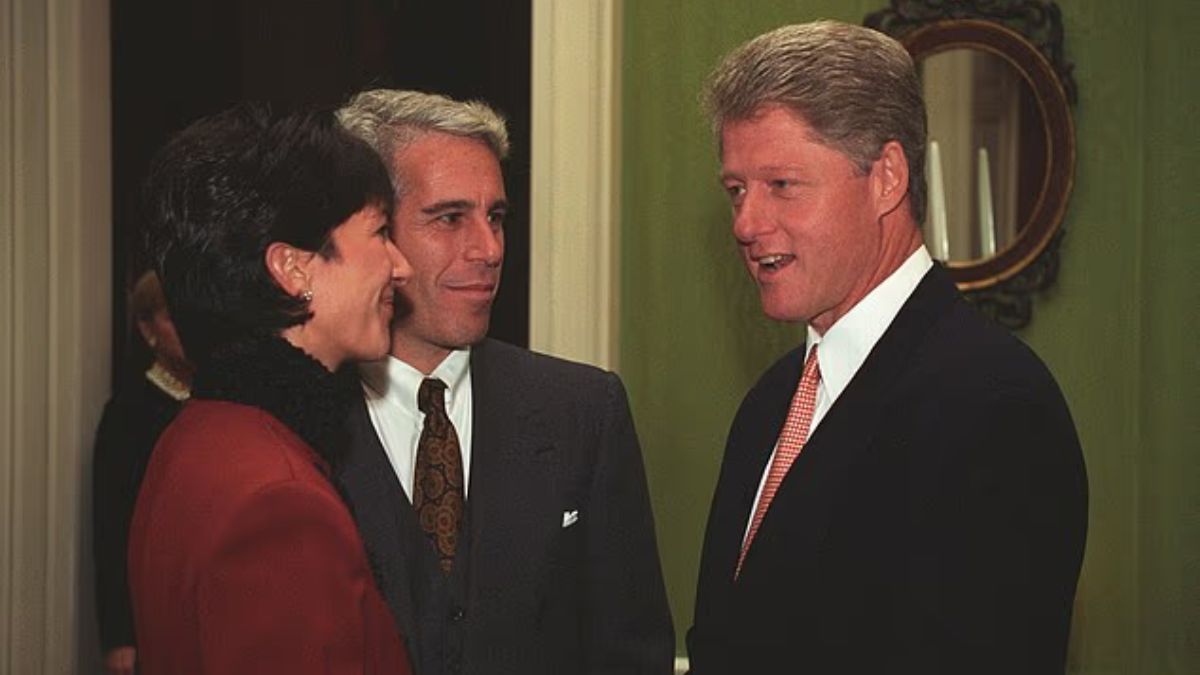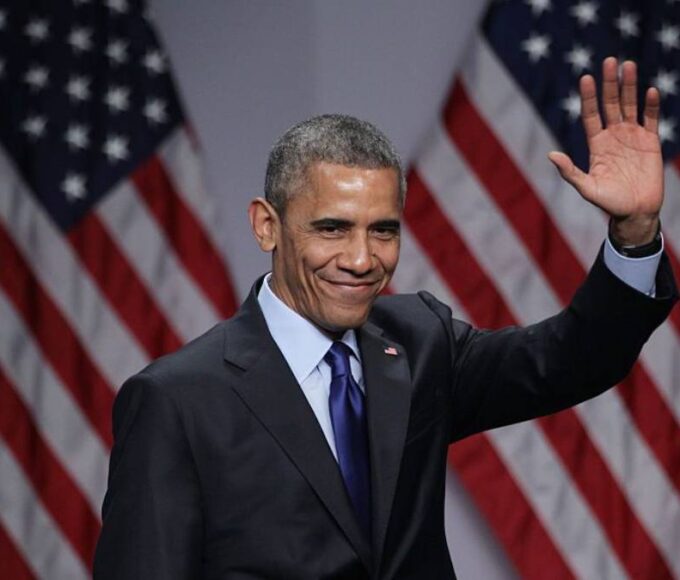Senegal has officially joined the Artemis Accords, becoming the 56th nation and the fourth African country to commit to peaceful and transparent space exploration. The signing took place on July 24, 2025, at NASA Headquarters in Washington, D.C.
The agreement was signed by Maram Kairé, Director-General of the Senegalese Space Study Agency (ASES), and Senegal’s Ambassador to the United States, Abdoul Wahab Haidara. Representing the United States were NASA Chief of Staff Brian Hughes and State Department official Jonathan Pratt.
Sean Duffy, acting NASA Administrator, praised the milestone, highlighting the strong ties between Senegal and the U.S. and noting that Senegal’s signing furthers “President Trump’s strong legacy of global cooperation in space.”
The Artemis Accords, first established in October 2020, outline guiding principles for civil space activity. These include peaceful use of space, transparency, and protection of lunar resources. They support NASA’s Artemis program, which aims to return humans to the Moon by 2026 and prepare for future missions to Mars.
Senegal joins Angola (2023), Nigeria, and Rwanda (both 2022) as the latest African countries to endorse the Accords. Although Senegal’s space program is relatively new, formed in 2023, the country launched its first nanosatellite, Gaindesat-1A, in 2024 to support agriculture and environmental monitoring.
Maram Kairé described the signing as a “meaningful step” in Senegal’s space diplomacy and a commitment to responsible space exploration.
Senegal has also contributed to space science through collaborations with NASA, including tracking asteroid Orus in 2021 to support NASA’s Lucy spacecraft mission.
The growing number of Artemis Accords signatories reflects a global consensus on responsible and cooperative exploration beyond Earth, ensuring space benefits all humanity.











